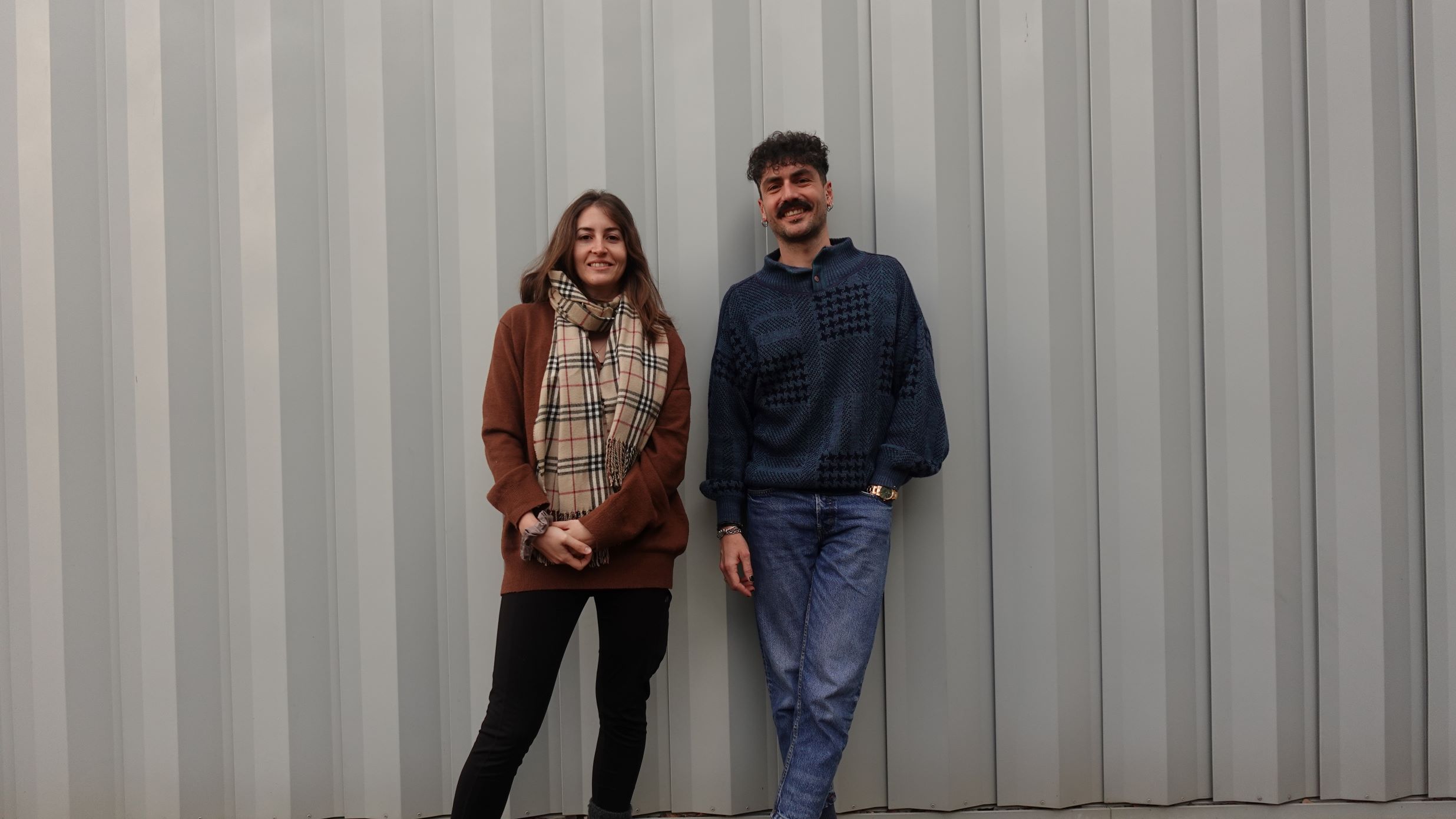
The partners of the European METASTRA project, a pioneering initiative aimed at changing the way in which doctors assess the risk of fracture in patients with cancer and vertebral metastases, are meeting in Zaragoza on 11 and 12 June at the Ebro River Campus, where they will hold their general assembly.
Organised by the M2BE (Multiscale Mechanical and Biological Engineering) research group of the I3A Unizar, one of the project partners, 35 researchers from 14 organisations and 9 countries are expected to attend the meeting.
The project, which is now at the halfway point of its five-year duration, aims to improve fracture prevention in patients with vertebral metastases and to provide individually tailored treatment by creating robust computational models capable of reliably stratifying patients according to their fracture risk.
At the moment, 2,000 patient cases have been collected for a retrospective study. In addition, ex vivo testing of vertebral segments and the creation of patient-specific biomechanical models has begun.
METASTRA is here to change the treatment and care of patients with cancer and bone metastases, and is committed to a future in which every patient receives personalised, data-driven, physiology-based and timely interventions. "With the integration of physiology-based biomechanical computational modelling and artificial intelligence, our goal is to equip clinicians with accurate tools to stratify risk and select the most appropriate surgical treatment options. We are working to shape a world in which patients' fractures are substantially reduced, their quality of life is improved and healthcare resources are used optimally for the well-being of metastatic patients across Europe," say the I3A research group.
Cancer patients (2.7 million in Europe) face a high incidence of secondary tumours (approximately one million). Bone metastases spread to the spine in 30-70% of cases, decreasing the load-bearing capacity of the vertebrae and triggering fractures in 30% of cases. Faced with this situation, doctors have only two options, either to perform surgery to stabilise the spine or to leave the patient exposed to a significant risk of fracture. This decision may result in unnecessary surgery or fractures that impact on the patient's quality of life and cancer treatment.
The current standard of care for classifying patients with vertebral metastases is based on radiological imaging-based scoring systems, with little consideration of biomechanics. These systems fail to establish a clear indication for surgery in almost 60% of cases. It is therefore necessary to accurately and rapidly quantify fracture risk in order to improve patient stratification and determine the most appropriate personalised treatment. This is the focus of this European project.
METASTRA is funded by the EU Horizon Europe call ‘Tools and Technologies for a Healthy Society’. Coordinated by the University of Bologna, it brings together 15 partners from different European Member States and has a total funding of €6.7 million. https://www.metastraproject.eu/




